By Amanda Rose Newton
As the New Year begins, many homeowners are considering fresh starts, not just for themselves but also for their outdoor spaces. A growing trend in sustainable landscaping is the move away from traditional turfgrass lawns toward alternative lawns that require less water, fertilizer, and maintenance.
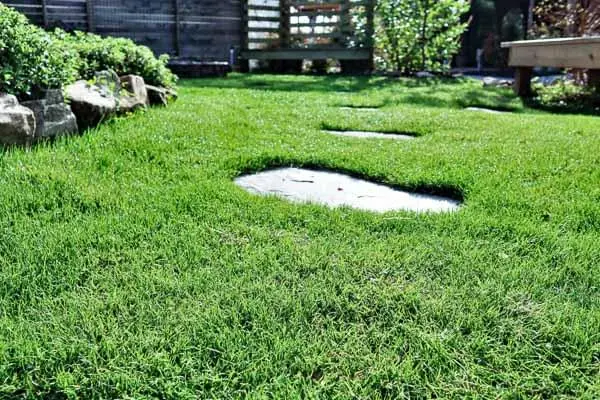
Clover, moss, and creeping thyme are gaining popularity as eco-friendly options, but Florida’s unique climate and soil conditions call for specific considerations.
Let’s explore the alternative lawn movement and discover options that thrive in the Sunshine State, including native plants.
Why Switch to an Alternative Lawn?
Traditional lawns often demand significant time, money, and resources to maintain. In contrast, alternative lawns offer benefits such as:
Reduced Water Usage: Many alternatives are drought-tolerant, making them ideal for areas prone to water restrictions.
Lower Maintenance: Alternative lawns typically require less mowing and fertilization.
Environmental Benefits: These lawns promote biodiversity by providing habitat for pollinators and beneficial insects.
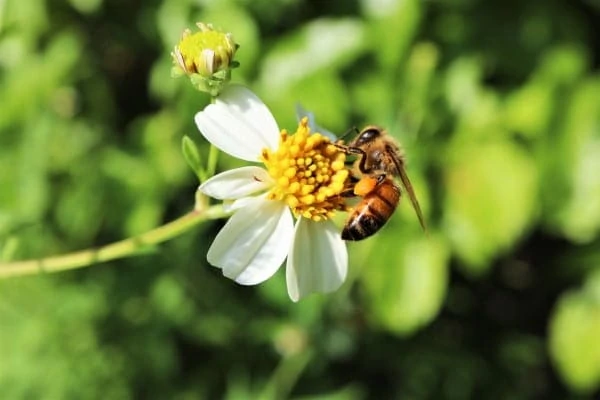
Aesthetic Appeal: Clover, moss, and creeping thyme create lush, low-growing carpets with unique textures and colors.
Popular Alternative Lawns
Clover:
Pros: Clover, particularly micro clover, is low growing, stays green year-round in mild climates, and enriches the soil with nitrogen.
Cons: It may struggle in Florida’s heat and humidity, especially in full sun.
Moss:
Pros: Moss thrives in shady, damp areas and creates a soft, velvety ground cover.
Cons: Florida’s frequent heatwaves and sandy soils can make it difficult for moss to establish unless conditions are consistently moist.
Creeping Thyme
Pros: This fragrant herb spreads quickly, is drought-tolerant, and produces beautiful flowers that attract pollinators.
Cons: Creeping thyme prefers well-drained soils and cooler climates, making it challenging for Florida’s sandy soils and high humidity.
Alternative Lawn Options That Work in Florida
Florida’s hot, humid climate and sandy soil require plants that can handle these conditions. Here are some great choices for alternative lawns in Florida:
Sunshine Mimosa (Mimosa strigillosa):
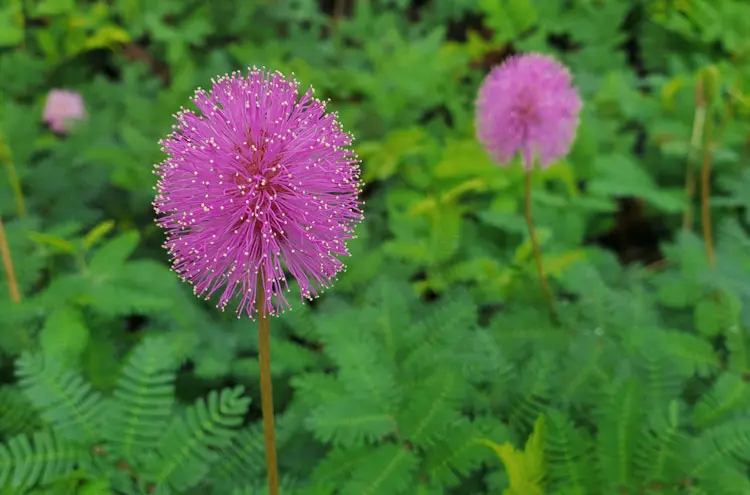
Why It Works: This native ground cover is drought-tolerant, thrives in sandy soil, and produces charming pink, powder-puff-like flowers. It can handle foot traffic, making it a practical alternative.
Dune Sunflower (Helianthus debilis):
Why It Works: This Florida native is perfect for sunny areas and adds a splash of yellow blooms. It’s drought-resistant and grows well in sandy soil.
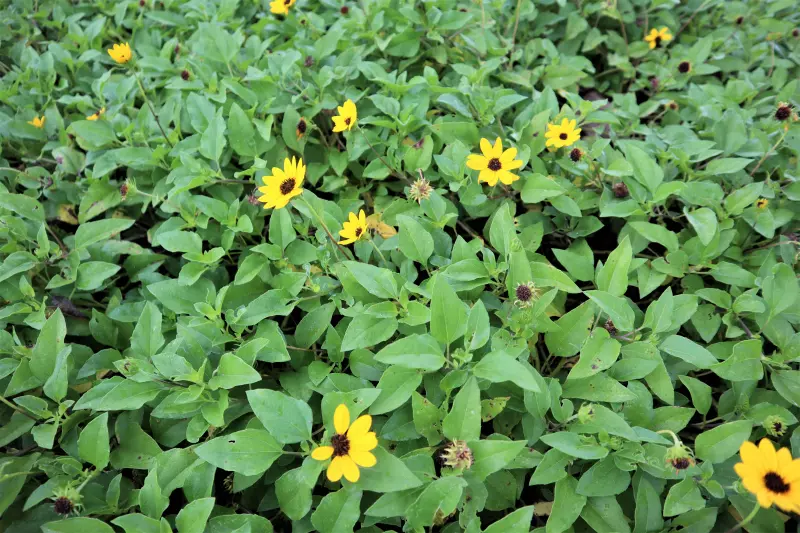
Frog Fruit (Phyla nodiflora):
Why It Works: Frog fruit is a fast-spreading ground cover that thrives in full sun to partial shade.
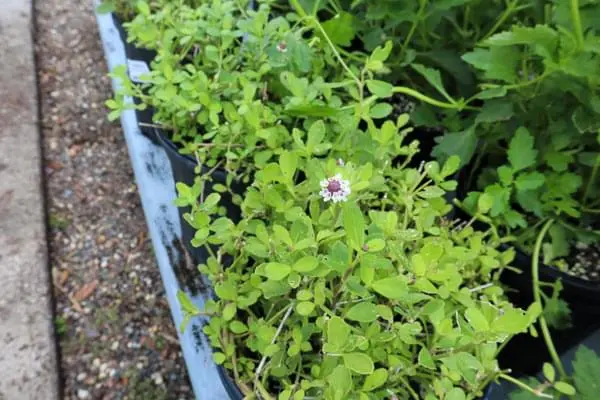
It’s also a host plant for butterflies, adding ecological value.
Perennial Peanut (Arachis glabrata):
Why It Works: This legume grows well in Florida’s climate, requires minimal mowing, and produces small yellow flowers. It’s also excellent for erosion control.
Using Mulch as a Ground Cover
If you’re looking for a low-maintenance, non-living alternative to traditional lawns, mulch can be a fantastic choice.
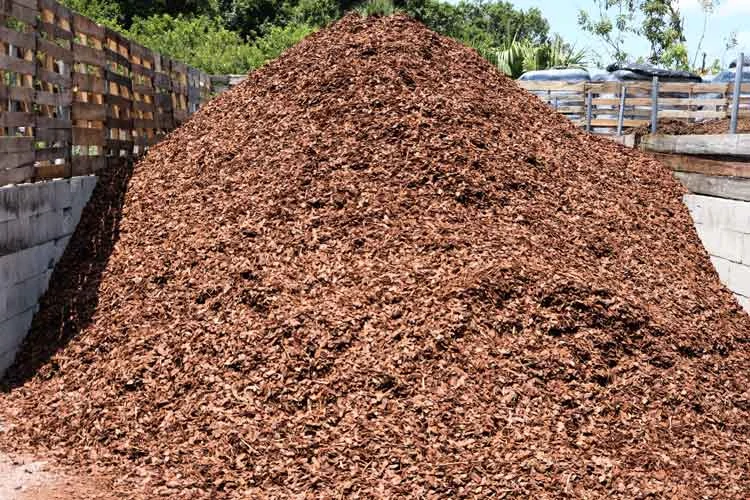
It provides several benefits, especially in Florida’s challenging climate:
Moisture Retention: Mulch helps retain soil moisture, reducing the need for frequent watering.
Weed Suppression: A thick layer of mulch can prevent weeds from taking hold, keeping your landscape tidy.
Temperature Regulation: Mulch insulates the soil, protecting plant roots from extreme heat during Florida’s hot summers.
Sustainability: Organic mulches, such as pine bark, wood chips, or leaf litter, decompose over time, enriching the soil with nutrients.
Mulch works particularly well in areas where grass struggles to grow, such as under trees or in heavily shaded zones. Combine mulch with Florida-friendly plants to create a cohesive, low-maintenance landscape.
How to Transition to an Alternative Lawn
Assess Your Space:
Determine sun exposure, soil type, and water availability. Knowing your conditions will help you select the right plants.
Start Small:
Transitioning your entire lawn can be daunting. Begin with a small patch to test which alternatives thrive in your yard.
Prepare the Soil:
Remove existing turfgrass and weeds. For Florida’s sandy soils, consider adding organic matter to improve fertility and water retention.
Plant Wisely:
Choose native or Florida-friendly plants that align with your yard’s conditions. Follow planting guidelines for spacing and care.
Adjust Maintenance Practices:
Water plants deeply but infrequently. Reduce or eliminate fertilizers and pesticides to support biodiversity.
Embrace a Greener New Year
Switching to an alternative lawn is not only a commitment to sustainability but also an opportunity to create a unique, low-maintenance outdoor space that aligns with Florida’s natural beauty. Whether you choose a native ground cover like sunshine mimosa or opt for a mix of alternatives, your lawn can become a vibrant, eco-friendly haven for pollinators and people alike.
This New Year, trade in your turfgrass for something that’s as dynamic and diverse as Florida itself. Your lawn—and the planet—will thank you!


